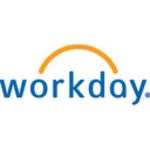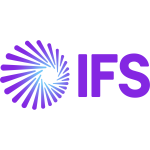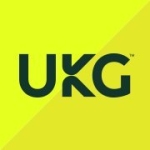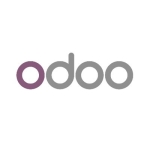I use the solution at an entry-level in my company because it's not fully implemented. I am an internal auditor in my company, so I have limited access here, and I just take care of the reporting views and displays. I have no rights to entry or other posting-related functions. I can just talk about the reporting experience associated with the tool.
I do internal audits in my company. On a daily basis, I have to extract many reports, like general ledgers, procurement-related registers, invoices reports, sales reports, receivable reports, and accounts receivable aging reports. During my review of the reports mentioned above, I found Oracle E-Business Suite very good. I have already used SAP Business One software. Compared to SAP Business One software, Oracle E-Business Suite's reporting is very wide and clear.
With the limited scope of the tool, I cannot enlist the product's overall advantages and disadvantages. Compared to SAP Business One, Oracle E-Business Suite is much better in terms of reporting views.
In Oracle E-Business Suite, there should be a proper document flow for each transaction. There should be some features in Oracle E-Business that are included in SAP Business One. I have used SAP Business One, and if we open a transaction, we can move to another related transaction through its map. In SAP Business One, each transaction has a map, but Oracle E-Business Suite does not offer such type of relationship maps or document flows for transactions.
The tool can have proper document flow for the mapping system in Oracle E-Business Suite to show each transaction. One should be able to link the transaction through the map.
I have been using Oracle E-Business Suite since 2024. I don't remember the version of the solution.
It is a very stable solution. Each report has a proper Oracle view and format and contains a lot of information. The tool's stability is very good.
I cannot speak about the overall growth of the product in my company since, based on my scope in the organization, I only deploy the product in all the departments. Based on my role, I can add value to our departments with the help of the tool.
More than 20 people use the tool. The tool has been implemented throughout my company.
The solution is deployed on an on-premises version of the tool.
I have no idea about the price.
One issue I faced while extracting reports may have been a networking issue. Sometimes, it takes some time to execute the reports.
If there are any changes we want to make in the tool, we can customize the reports as per our needs, which is a good option. The tool is flexible.
Our company has not yet implemented the AI automation system.
I have not faced any challenges in working with the product since I have already used SAP Business One.
Based on the needs and challenges of users, I can recommend the tool to them.
I have met so many of my colleagues from other organizations, and I have asked them to implement the Oracle E-Business Suite, as I found it to be working well for me.
I rate the tool a seven out of ten.

















